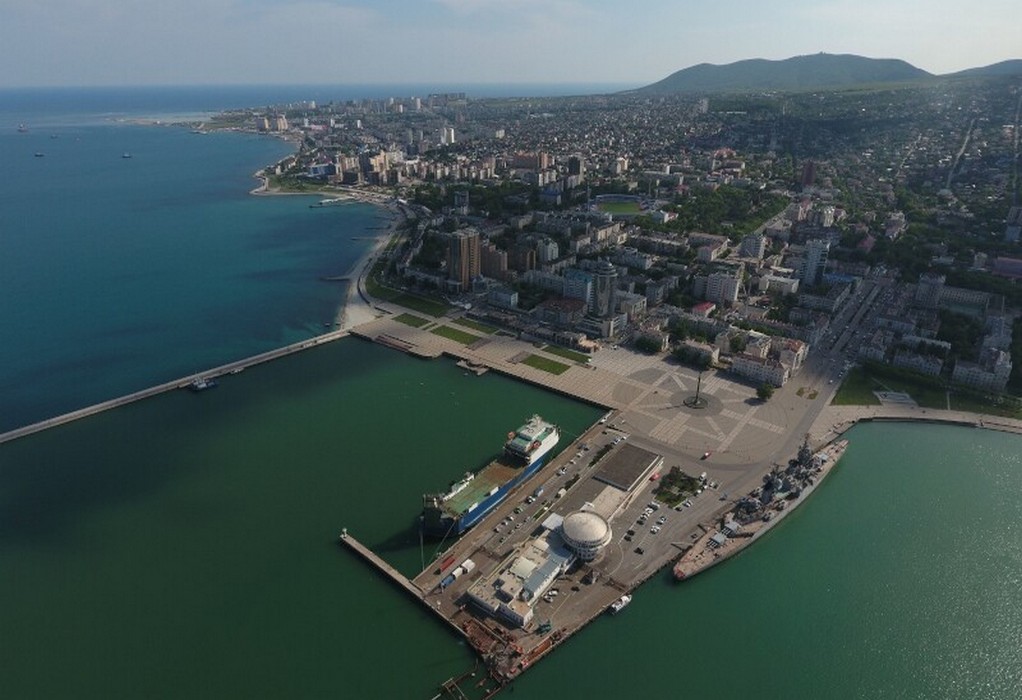Discounts that India was getting on Russian crude oil since the Ukraine war have declined, but the shipping rates charged by Russia-run entities remain ‘opaque’ and higher than usual. Russia bills Indian refiners less than the $60 per barrel price cap imposed by the West, but charges between $11 and US$19 per barrel for delivery from the Baltic and Black Seas to the west coast, which is twice the normal rate.
Shipping costs of $11-19 a barrel from Russian ports to India – some of it on 100+ tankers allegedly acquired by Russian actors for shadow fleets – are higher than rates for comparable distances, such as the Persian Gulf Travel from to Rotterdam. Following Moscow’s invasion of Ukraine in February last year, Russian oil was embargoed and shunned by European buyers and some buyers in Asia such as Japan. Due to this, Russian Urals crude started trading at a lower price than Brent crude (the global benchmark). Sources said the discount on Russian Ural grade, however, has come down to around $4 a barrel from the level of around $30 a barrel in the middle of last year.
Indian refiners, which convert crude extracted from below the ground into finished products such as petrol and diesel, are now the biggest buyers of Russian oil as Chinese imports due to mass electrification of vehicles and demand issues in a volatile economy maxed out. In order to capture the subsidized oil, Indian refiners increased their purchases from less than 2 percent of their entire purchases in pre-Ukraine times to 44 percent.
But these exemptions are shrinking as government-controlled entities such as Indian Oil Corporation (IOC), Hindustan Petroleum Corporation Limited, Bharat Petroleum Corporation Limited (BPCL), Mangalore Refinery and Petrochemicals Limited and HPCL-Mittal Energy Limited as well as private companies are also decreasing. Refiners Reliance Industries Ltd and Nayara Energy Ltd continue to negotiate separate deals with Russia. Sources said the discount could have been higher if state-controlled entities, which account for about 60 per cent of the 2 million barrels of Russian oil arriving in India daily, had negotiated together.
India’s purchase of marine crude oil from Russia has exceeded what China did a few months back. Sources said Indian refineries buy crude from Russia on a delivery basis, leaving the onus of arranging shipping and insurance on Moscow.
The G7 imposed a price cap on Russian oil at $60 a barrel from December 2022 to try to limit Moscow’s ability to finance its war in Ukraine. The price cap means that companies based in alliance countries will continue to provide ocean services for the transportation of oil only if that oil is sold at or below the price cap level. Historically, companies based in the Alliance countries have accounted for about 90 percent of the relevant marine insurance products and reinsurance market. To get vessels and insurance, Russia keeps the price of oil at or below US$60 and bills buyers for shipping and insurance based on quotes received from three agencies, the sources said.
By 2022, the Baltic Exchange, a London shipping industry clearinghouse, was quoting two standardized indicators, TD6 and TD17, serving as benchmarks for shipping costs. But from late 2022, Russian crude is no longer sold in Rotterdam and Augusta and the Baltic Exchange has stopped listing TD17 and modified the TD6 indicator, so this doesn’t necessarily apply to Russian cargoes . In addition, additional tankers are booked on time charter basis, making the cost of even a single trip non-transparent. He added that these tankers are not booked through Baltic Exchange shipping brokers, so there is a lack of information on the actual cost.
The proportion of vessels carrying Russian oil insured in the EU, G7 or Norway was 46.3 percent in May, compared to 78 percent in February last year. These countries also provide tankers to send Russian oil. More than 28 percent of oil tankers carrying Russian oil in May 2023 came from the EU, the G7 or Norway, down from 58 percent in the pre-war era. Of UAE-registered tankers, 37 percent (13.4 percent in the pre-war era) and 12.3 percent come from China, including Hong Kong. The origin of the remaining 22 percent is not known.
Tags: India, Indian refiners, Oil, Russia, Shipping

Recent Posts
ARIPL to power up 700 MWp solar project
Basin Electric Power CO2 capture projects receive funding
FHWA announces grants to help reduce truck air pollution near ports
Industry leaders urge realism in green hydrogen push
Oslo implements bold measures to reduce dependence on motor vehicles
IHI admits improper alteration of data over 4,000 marine engines
Shipowners welcome 40% production benchmark
MPCC opts for 2 methanol dual-fuel ships